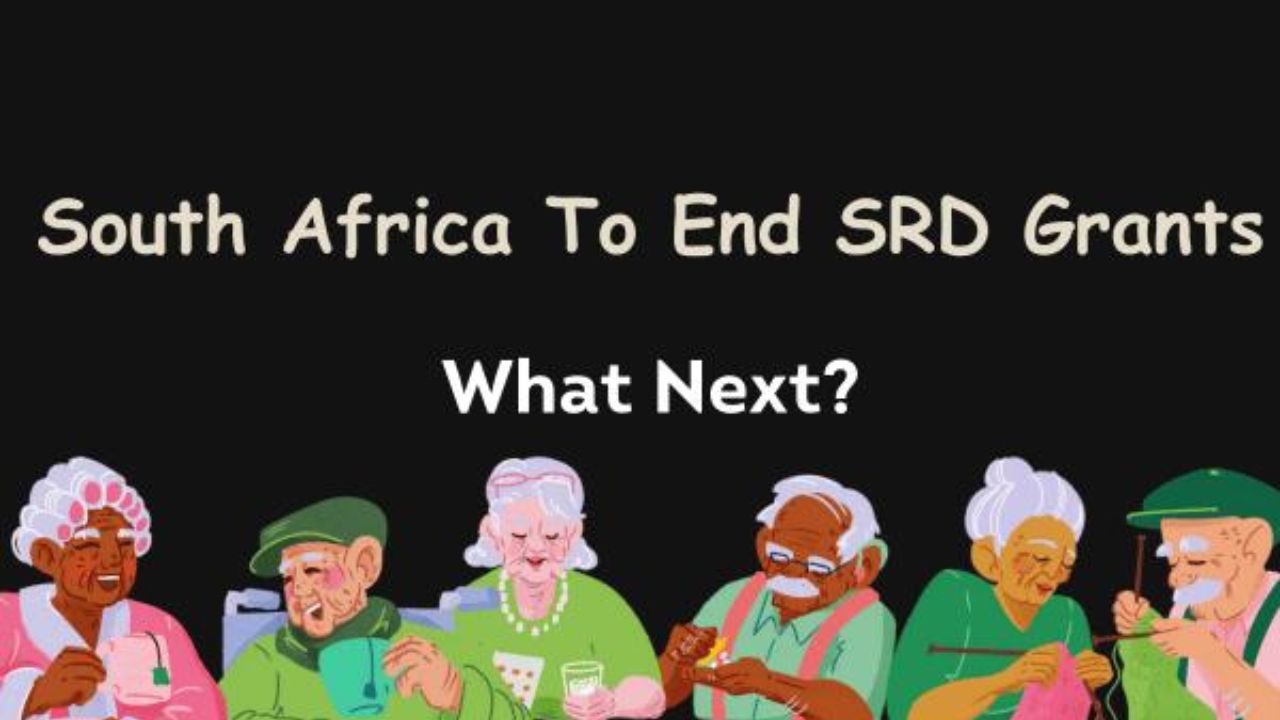South Africa is preparing for a significant transition. The nation wants to drastically change its social welfare policies by replacing its Social Relief of Distress (SRD) award with a Universal Basic Income (UBI). The spearhead of this endeavor is the African National Congress (ANC). The aim is to give everyone between 18 and 59 regular, unconditional financial help. This action will establish South Africa as a pioneer in the countrywide rollout of UBI.
Universal Basic Income Will Replace SRD 2024:
The Social Relief of Distress (SRD) award was first implemented as a stopgap to help during the problematic COVID-19 epidemic. It has been beneficial in assisting millions of South Africans who are struggling to achieve their basic dietary demands. It has been argued, therefore, that the SRD approach is not comprehensive enough.
A plan to move from the SRD to a Universal Basic Income (UBI) scheme has been presented by the African National Congress (ANC) as part of a larger strategy to combat poverty and inequality. In contrast to the SRD award, the Universal Basic Income (UBI) will be accessible to all people within a specific age range, regardless of their job status or present income level.

With this change, we hope to provide a more inclusive and readily available financial aid program that will benefit a more significant number of people by offering vital support to those who are less fortunate.
Eligibility:
UBI is monetary support provided to each person individually, without regard to employment requirements or means of testing. You must fulfill the particular standards established by the authorities to be eligible for the new Universal Basic Income.
- The applicant must be a South African citizen who will remain in the nation during the application procedure.
- People must fit the age requirements. The UBI is only available to those between 18 and 59.
Individuals have a whole new experience with the new UBI system, unlike the old SRD. There is no requirement to fall below the income and asset limitations because the system is open to anyone. Given how much money is already spent on assistance in a nation like South Africa, it is a respectable substitute. Consequently, it could be possible to replace the SRD with the UBI.
Advantages of Universal Basic Income
It is projected that the introduction of Universal Basic Income (UBI) in South Africa will result in many noteworthy benefits:
- Reduction of Poverty and Inequality: Universal Basic Income (UBI) can rescue millions of people from abject poverty, resulting in a fairer community and raising standards of life.
- Boost to the Economy: By encouraging more significant consumer expenditure, directly funding individuals can improve the state of the economy.
- Empowerment and Dignity: Financial freedom is provided by Universal Basic Income (UBI), which empowers people to make decisions based on their needs.
- Encouragement of Entrepreneurship: If someone has a steady source of income, they may be more willing to take chances and start their own business.
- Simplify Social assistance: Replace complex eligibility requirements and means-testing procedures with a universal stipend to streamline the social assistance system.
Challenges:
Even though the idea of a universal basic income (UBI) has many appealing advantages, such as reducing poverty and providing financial security for all residents, several issues must be adequately resolved before they can be successfully implemented and have the desired impact.
- Finances: A substantial amount of money is needed to finance the UBI. Several strategies have been proposed to finance UBI, including more VAT income from increased consumer spending, wealth, or social security tax.
- Risk of Inflation: If a universal UBI is not managed correctly, inflation may result.
- Public Support and Political Will: It is essential to have both the public’s support and political leaders’ strong commitment to successfully implementing and extending universal basic income (UBI).
- Monitoring and Evaluation: Ongoing evaluation and monitoring will be crucial to determine the UBI program’s impact and carry out any required adjustments.
UBI in the Global Context:
The move towards universal basic income (UBI) in South Africa is part of a global conversation on UBI as a means of combating inequality and poverty. During the pandemic, several countries tested out short-term income assistance programs, which helped popularize the idea of universal basic income.
In South Africa, the move from SRD handouts to a Universal Basic Income is a brave and revolutionary policy change. The Universal Basic Income (UBI) aims to reduce poverty, increase economic activity, and promote personal agency among adults by providing them with unrestricted cash support.
This is a step that other nations should go after. The world community will watch and learn from South Africa’s experience as it struggles to carry out this ambitious strategy.
